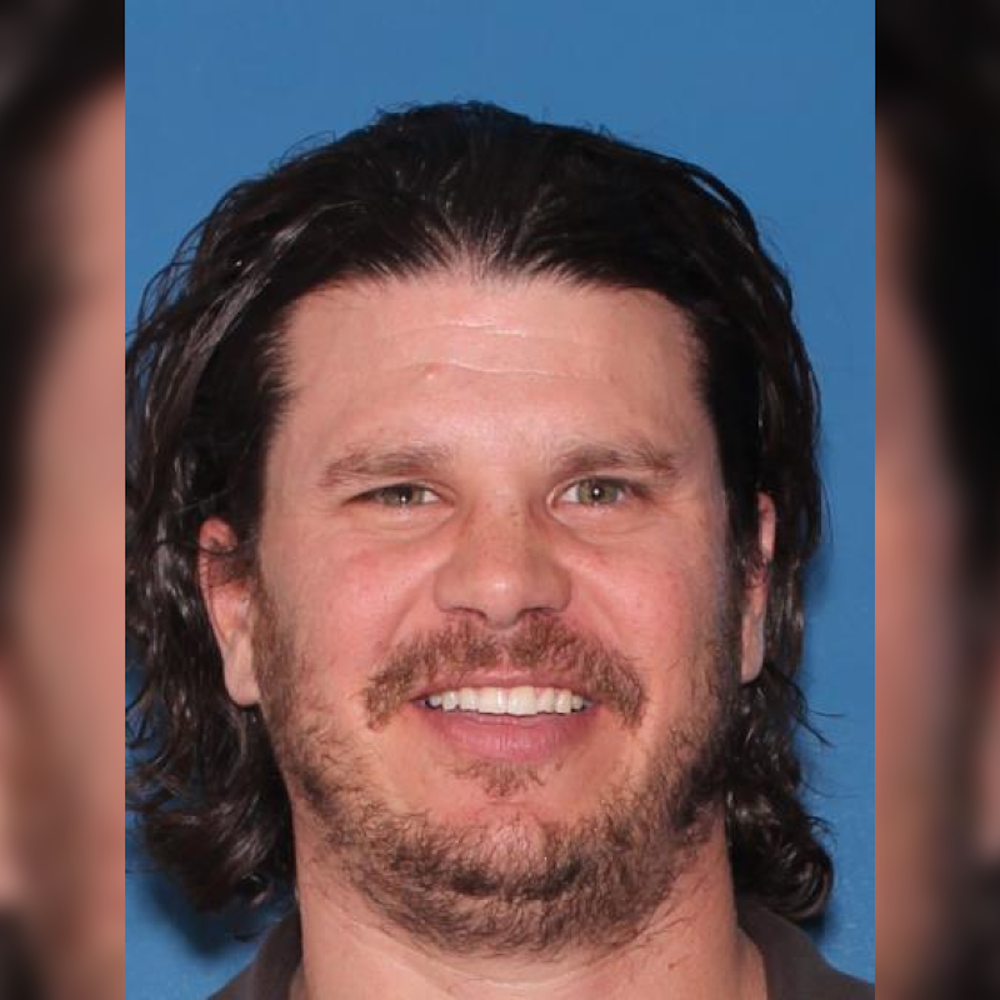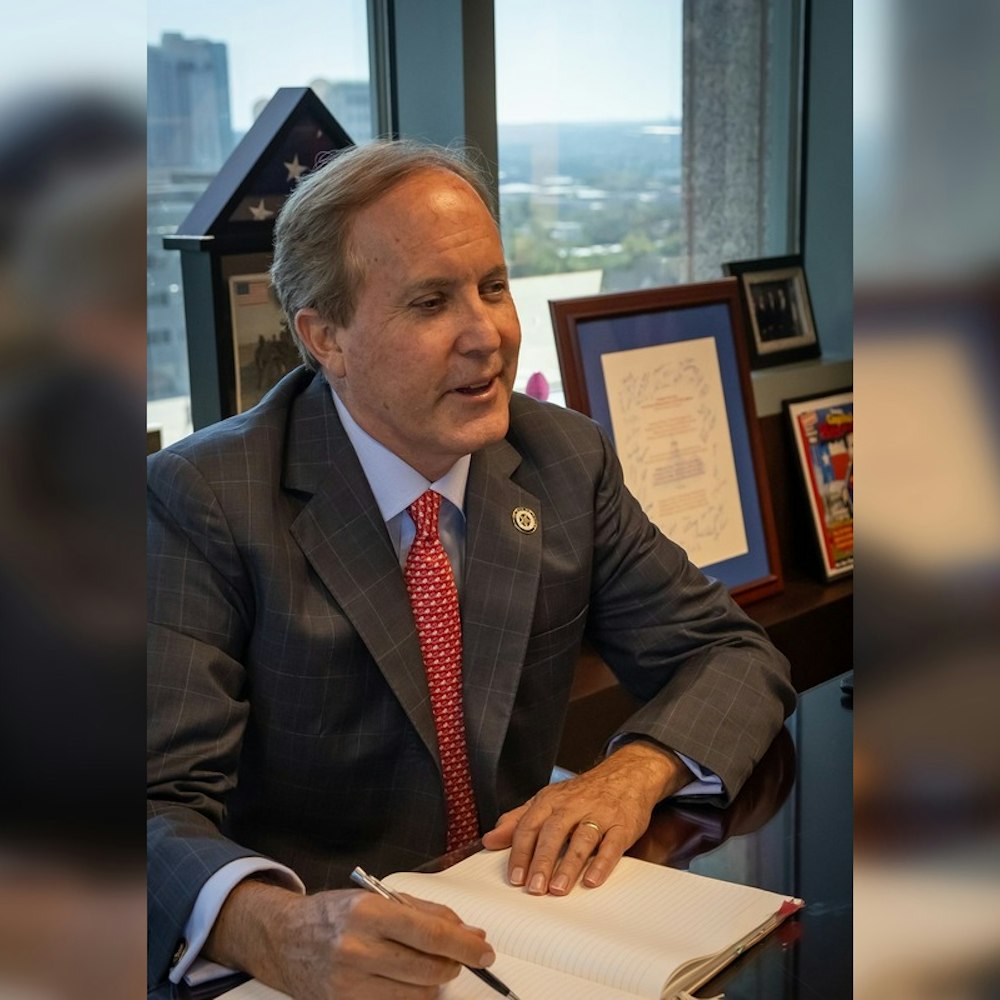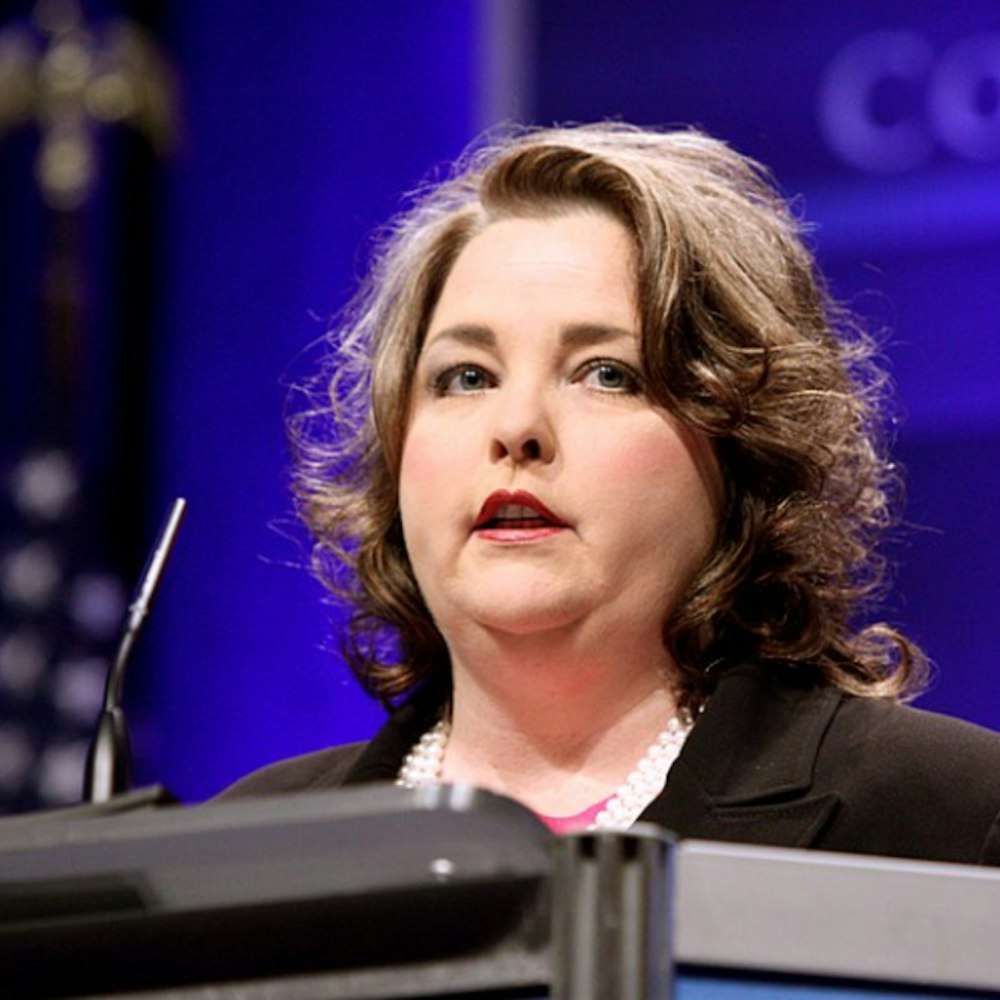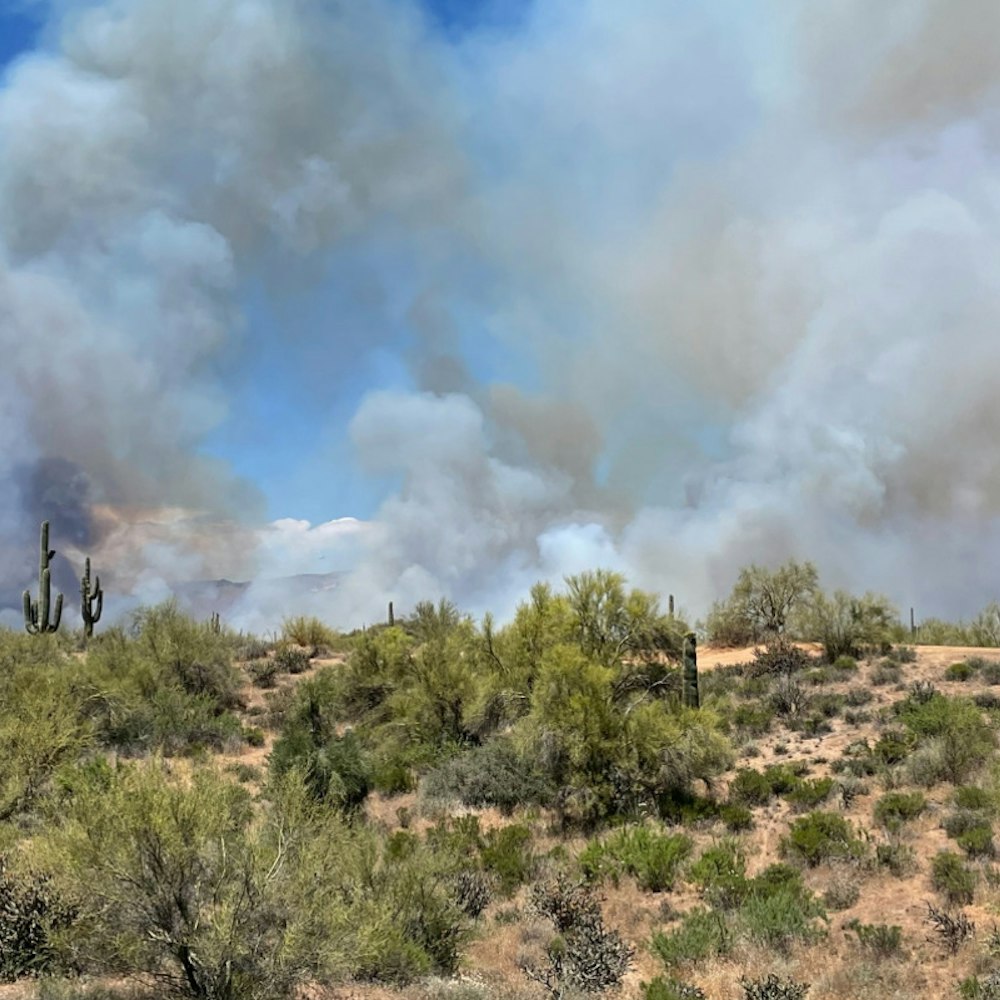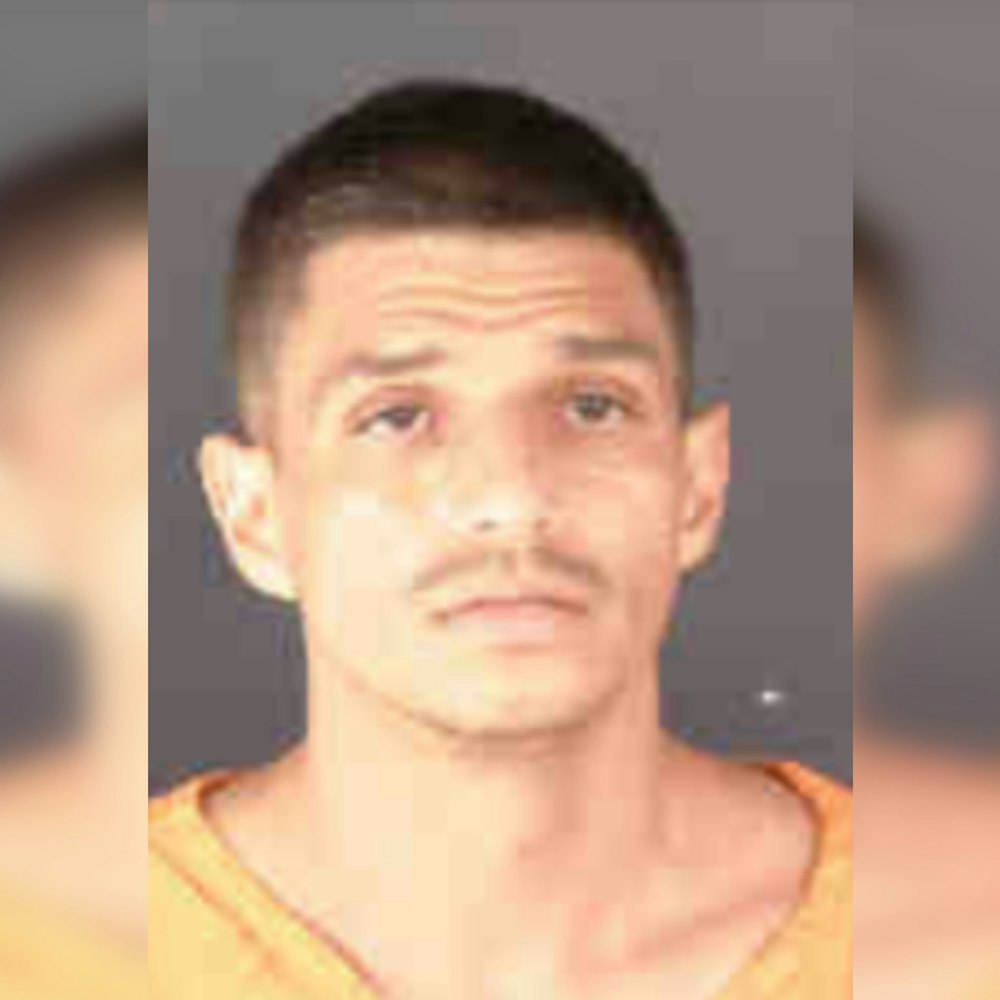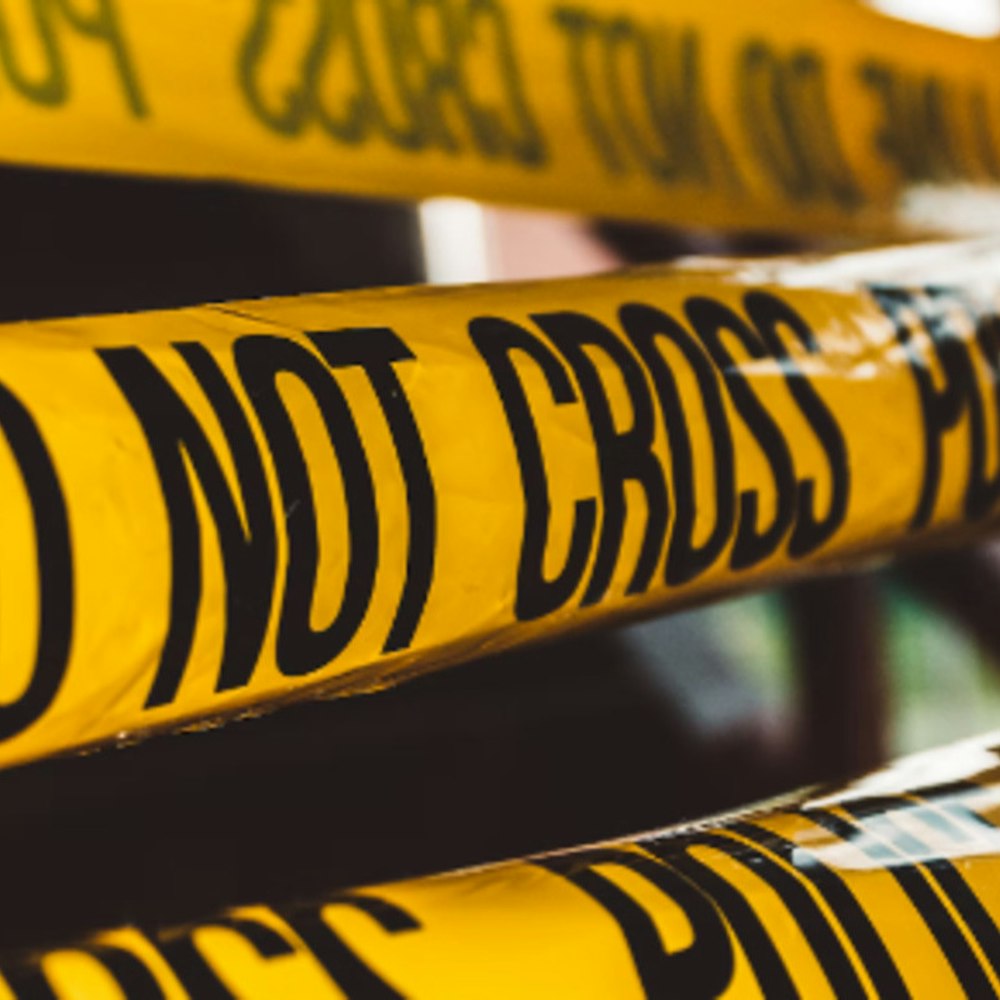
Residents in parts of Northwest D.C. have been slapped with a Boil Water Advisory after a 20-inch water main ruptured Wednesday, leaving 4,800 customers fretting over their tap water. The advisory affects neighborhoods including Upper Chevy Chase, Ft. Reno, and American University. DC Water is urging residents to not drink or cook with tap water unless it's been boiled first.
The issue began to unfold on May 8, when DC Water received a wave of calls from customers reporting low or no water pressure. In response, DC Water moved quickly to fix the issue, with pressure restored in most areas by 11:30 am the following day. However, they advise to still vigorously boil all water used for ingestion. According to DC Water's website, the advisory will remain in effect until tests can reliably show the water is safe, which is hoped to be by May 10 at the earliest.
As outlined on the DC Water website, residents should discard any ice or beverages prepared after the water main break and run tap water until it's clear before boiling. If present, known sources of lead should prompt running the water for an additional two minutes before boiling. Residents in the non-affected areas can continue using water as normal.
The water main break could have introduced harmful contaminants into the distribution system due to backpressure and back siphonage, which has the potential to seriously endanger health. Symptoms from consuming such contaminants can range from diarrhea and cramps to headaches. The advisory specifically cautions those with compromised immune systems, young children, and the elderly, who are at a greater risk. DC Water is aggressively working to collect samples in the impacted area and will lift the advisory only when tests on two consecutive days come back clean.
DC Water has provided additional guidance for impacted customers, including proper boiling instructions and alternative uses for filtered or bottled water, and is actively distributing this information to ensure wide awareness. For issues concerning water quality, residents are directed to call the Department of Water Quality, while general inquiries should go to the DC Water Customer Service or the 24-Hour Command Center.

